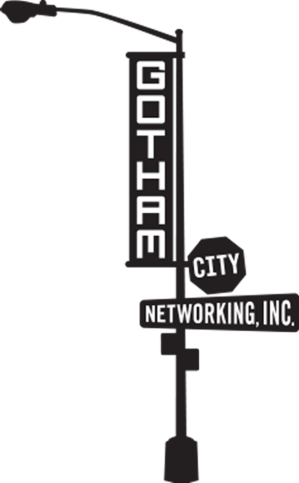I'm creating the next big idea...
I thought I would share the unvarnished truth about "Black Friday."
The first recorded use of the term Black Friday was applied not to holiday shopping but to financial crisis: specifically, the crash of the U.S. gold market on September 24, 1869. Two notoriously ruthless Wall Street financiers, Jay Gould and Jim Fisk, worked together to buy up as much as they could of the nation’s gold, hoping to drive the price sky-high and sell it for astonishing profits. On that Friday in September, the conspiracy finally unraveled, sending the stock market into free-fall and bankrupting everyone from Wall Street barons to farmers.
The most commonly repeated story behind the post-Thanksgiving shopping-related Black Friday tradition links it to retailers. As the story goes, after an entire year of operating at a loss (“in the red”) stores would supposedly earn a profit (“went into the black”) on the day after Thanksgiving, because holiday shoppers blew so much money on discounted merchandise. Though it’s true that retail companies used to record losses in red and profits in black when doing their accounting, this version of Black Friday’s origin is the officially sanctioned—but inaccurate—story behind the tradition.
In recent years, another myth has surfaced that gives a particularly ugly twist to the tradition, claiming that back in the 1800s Southern plantation owners could buy slaves at a discount on the day after Thanksgiving. Though this version of Black Friday’s roots has understandably led some to call for a boycott of the retail holiday, it has no basis in fact.
The true story behind Black Friday, however, is not as sunny as retailers might have you believe. Back in the 1950s, police in the city of Philadelphia used the term to describe the chaos that ensued on the day after Thanksgiving, when hordes of suburban shoppers and tourists flooded into the city in advance of the big Army-Navy football game held on that Saturday every year. Not only would Philly cops not be able to take the day off, but they would have to work extra-long shifts dealing with the additional crowds and traffic. Shoplifters would also take advantage of the bedlam in stores to make off with merchandise, adding to the law enforcement headache.
According to a pre-holiday survey this year by the National Retail Federation, an estimated 135.8 million Americans definitely plan to shop over the Thanksgiving weekend (58.7 percent of those surveyed), though even more (183.8 million, or 79.6 percent) said they would or might take advantage of the online deals offered on Cyber Monday. Are you shopping?

